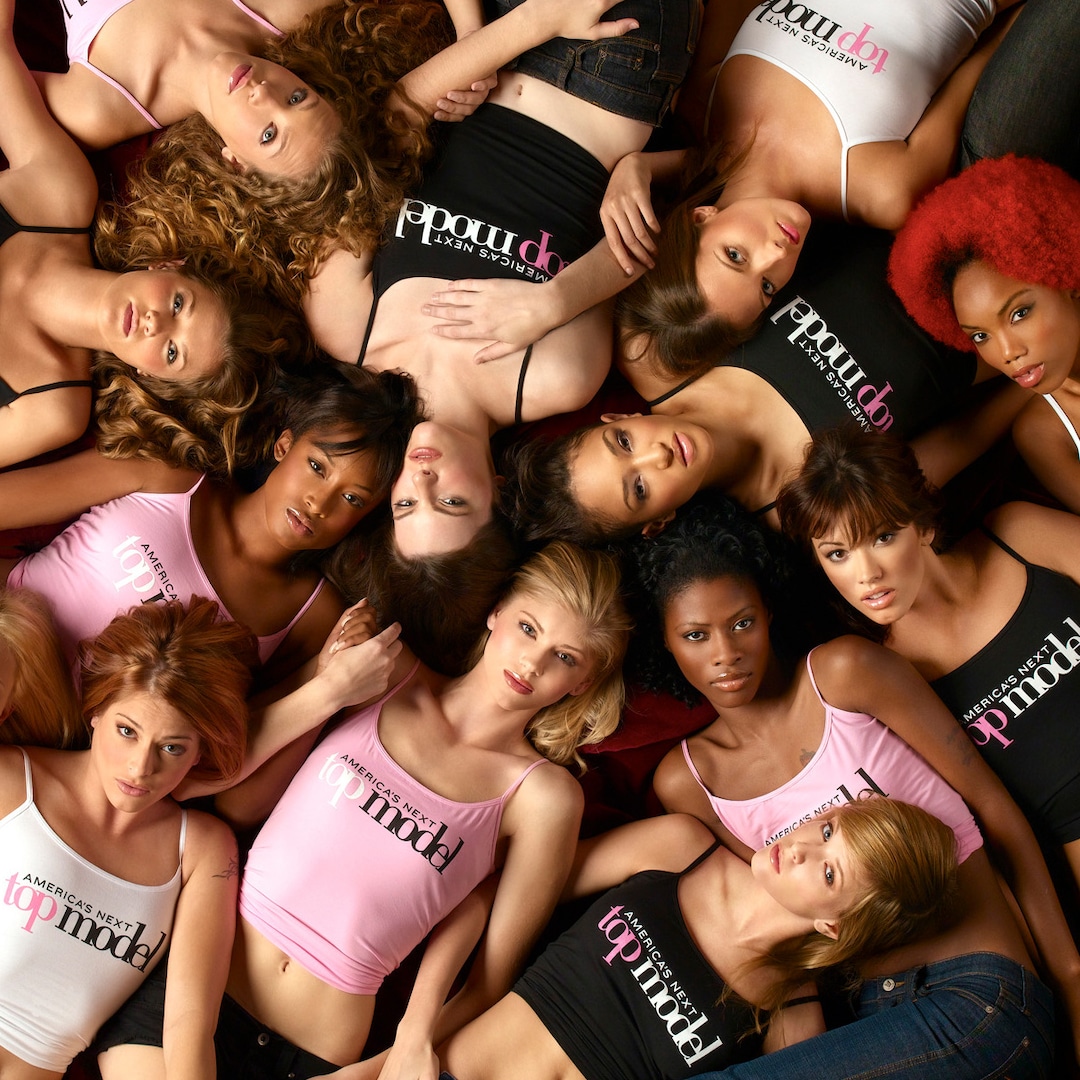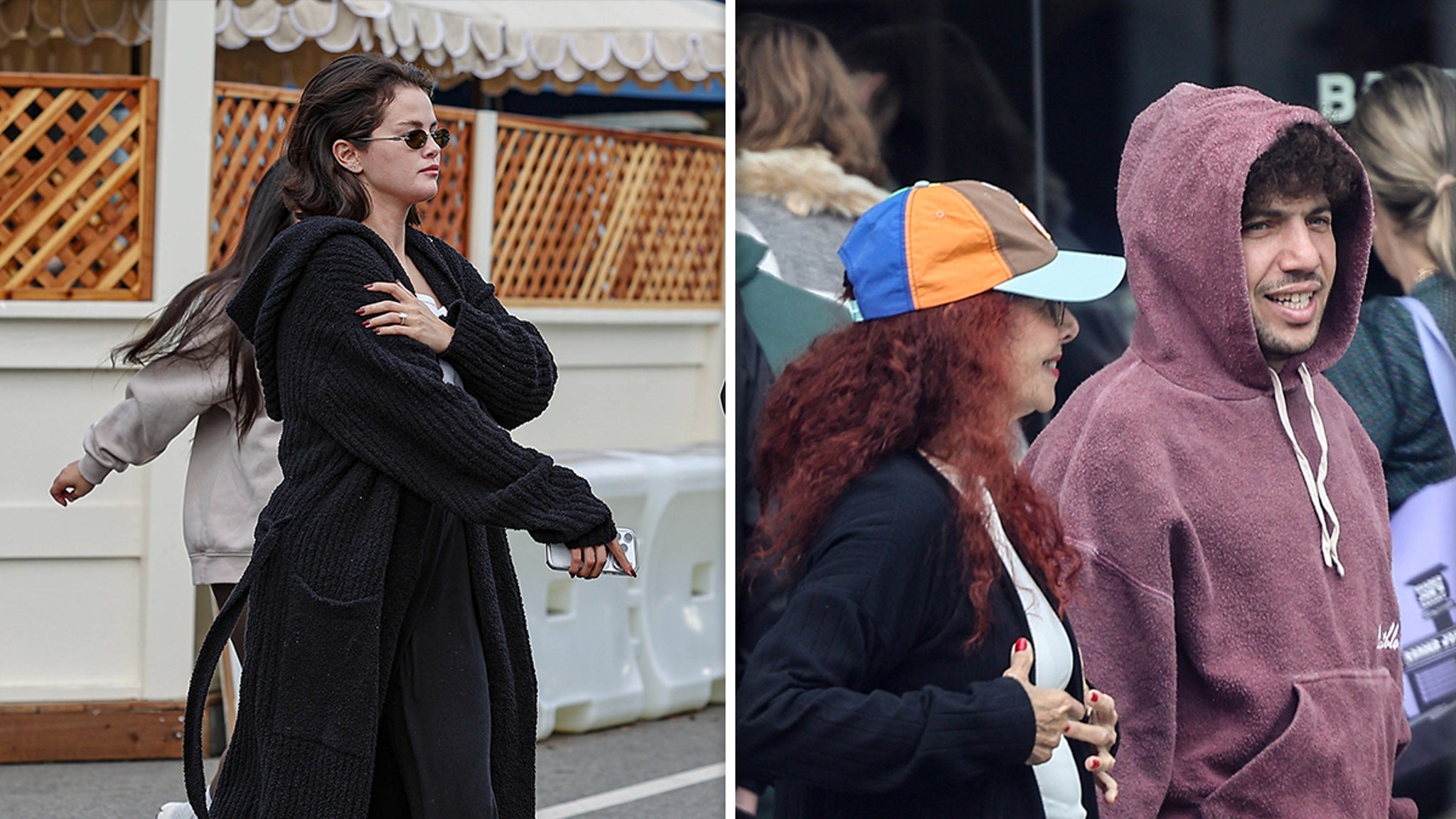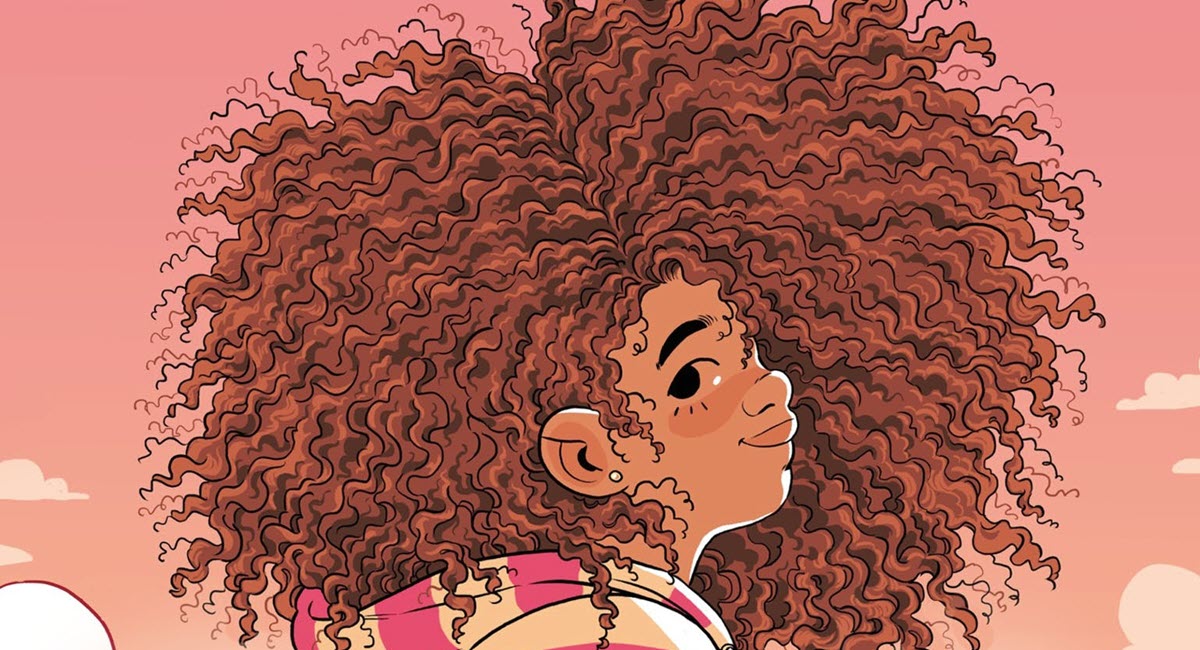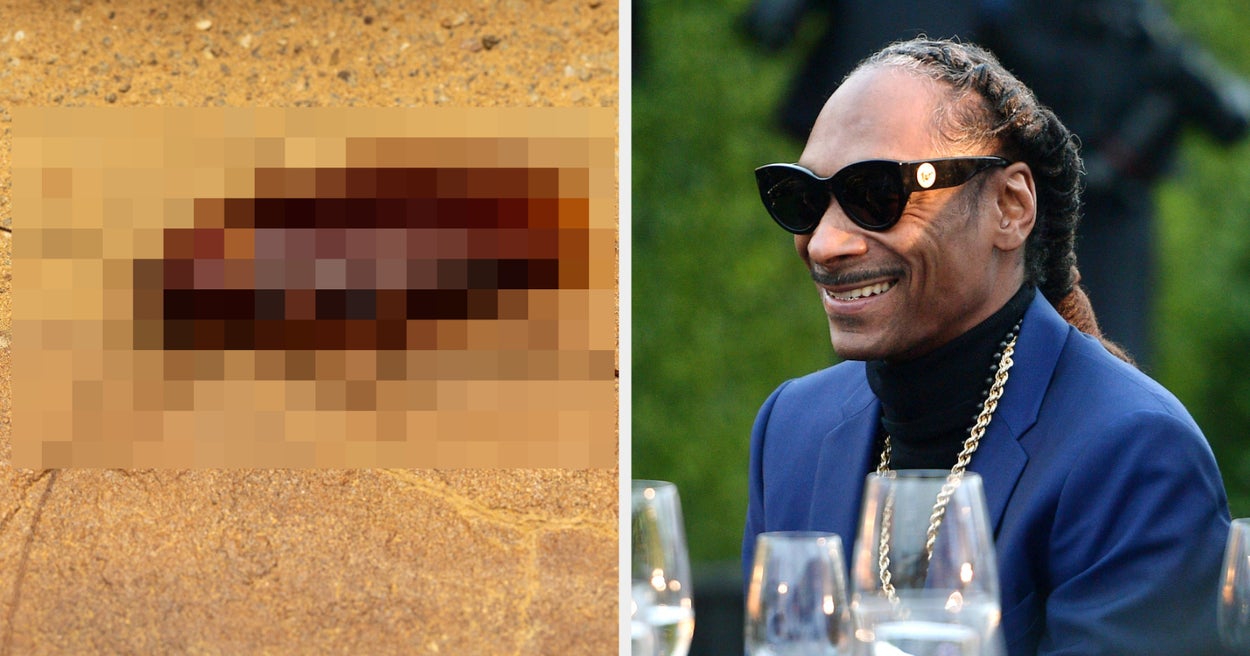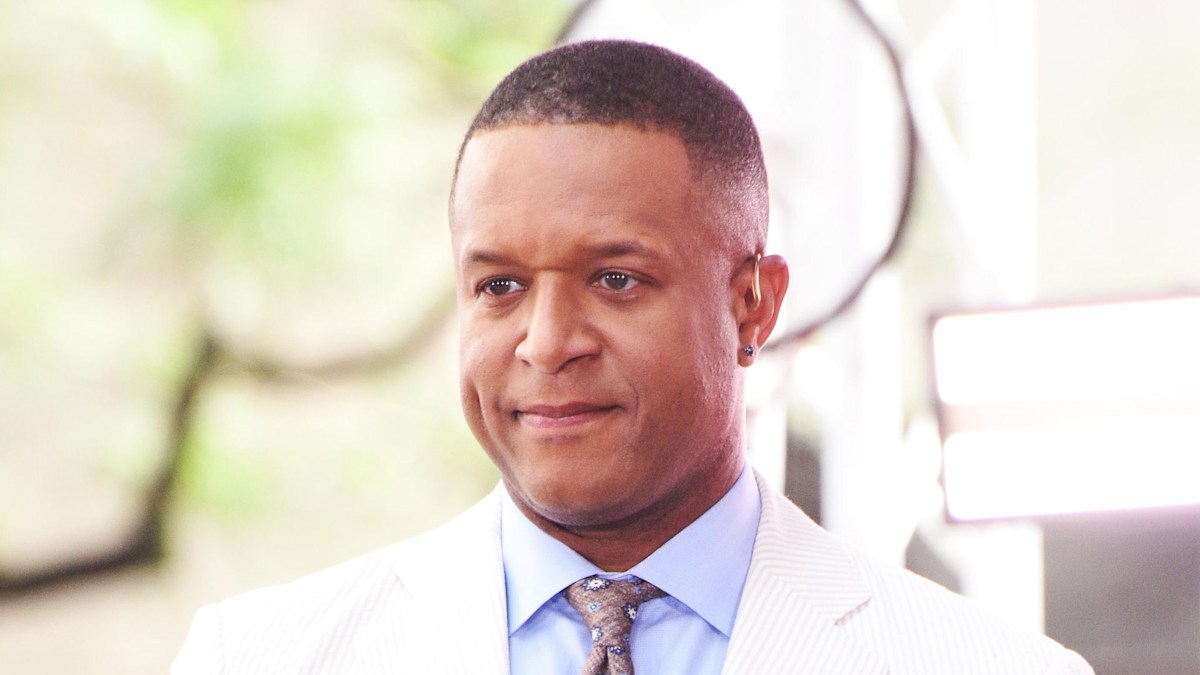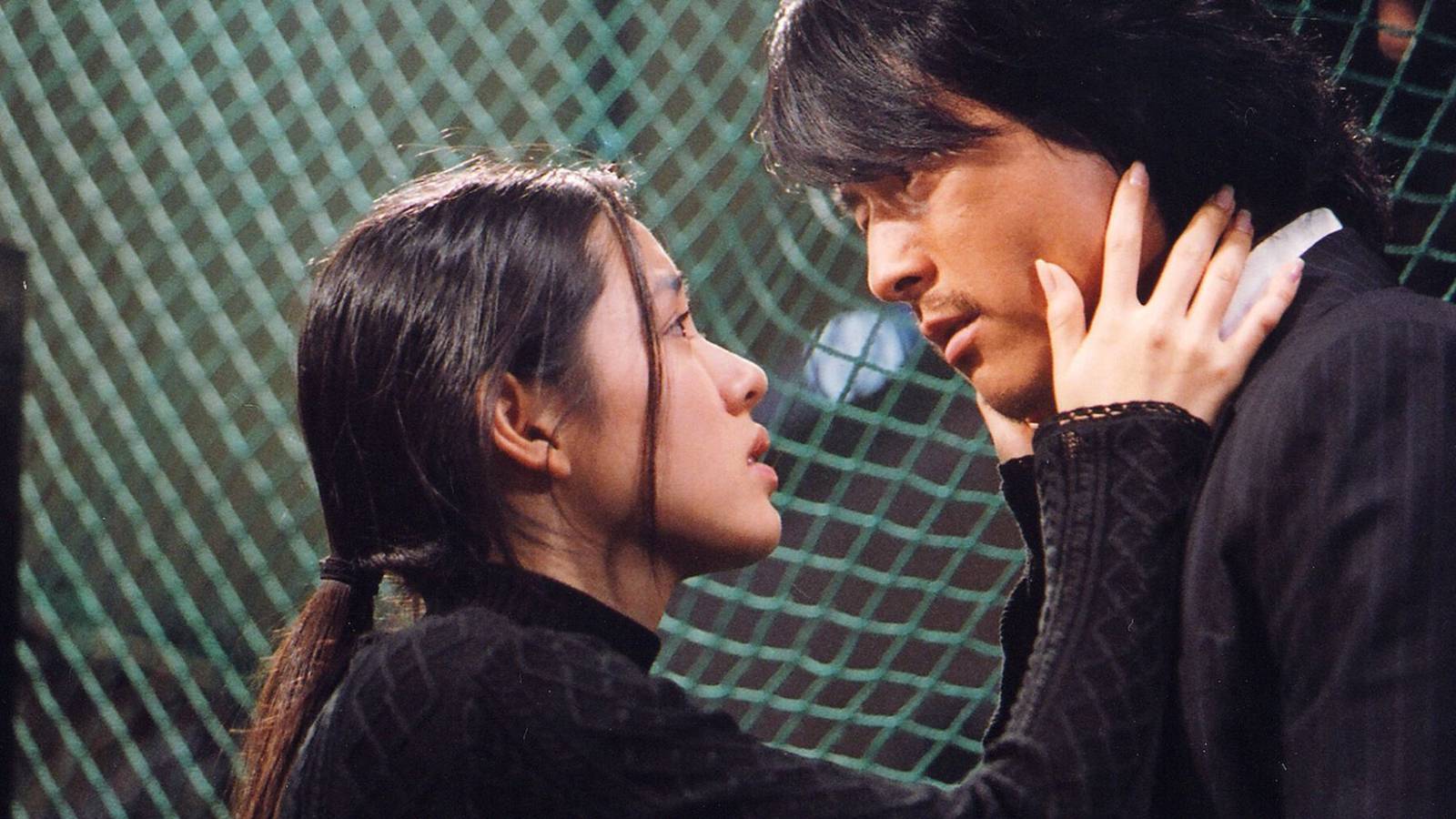TORONTO — From age-old terrors to high school queer angst, Canadian films and series showcased at this year’s Toronto International Film Festival offer a wide array of options even without the usual draw of A-listers.
Although the Hollywood actors’ strike has cast a shadow over the fest, it hasn’t dampened the enthusiasm of both seasoned and emerging Canadian filmmakers as they promote their latest projects.
The Canadian Press spoke with five directors who are set to participate in the festival taking place from Sept. 7 to 17.
“In Flames” — Pakistani-Canadian director Zarrar Kahn’s Urdu-language film follows the death of a family patriarch whose loss upends the lives of a mother and daughter now haunted by ghosts. To overcome the malicious influences that loom over them, they must draw upon each other for strength and resilience.

Kahn, based in Canada but originally from Karachi, shaped his feature debut as an extension of his 2018 24-minute short “Dia.”
“My family moved back to Pakistan when I was a teenager, and I think the thing that really changed for me was seeing how much the lives of the women around me shifted while my life remained fairly unchanged,” says Kahn.
“That was the seed of the story I wanted to tell, all these incredible women around me working in Pakistan and achieving incredible things.”
“Fitting In” — Montreal-born director Molly McGlynn’s semi-autobiographical movie tells the story of a 16-year-old girl’s exploration of sex and pleasure, which is upended when she is diagnosed with a congenital condition that affects her reproductive organs.
Maddie Ziegler stars in this “traumedy” that explores the themes of gender, womanhood and sexuality. Emily Hampshire of “Schitt’s Creek” fame showcases both comedic and dramatic acting skills in her role as a mother trying to make sense of her own pain and triumphs.
“This is a complex movie. And there’s a lot going on here and I don’t expect everyone necessarily to maybe grasp all of it,” says McGlynn. “The people who get it, get it ? and also, I want people to understand that this is a joyful, fun film. You’re not going to a sex-ed lecture.”
“Seven Veils” — Amanda Seyfried stars in Atom Egoyan’s feature as a playwright tasked with reworking the production of “Salome” after the death of the original director who served as her mentor. As time goes on, her world starts to unwind as her tormented past begins to bleed through her artistic interpretations of the play.
The film takes inspiration from Egoyan’s experiences mounting the same opera for the Canadian Opera Company, dating back to 1996.
“I think as artists you have your antenna up, and I’ve been thinking that we’re living in this time where we question how far to assert our own claims for identity,” says Egoyan. “How do we redefine our boundaries when it comes to our works of art?”
“Backspot” — Canadian DJ-turned-director D.W. Waterson said: cheerleaders, but make it gay and angsty. The film centres on Riley, an anxious perfectionist played by “Reservation Dogs”’ Devery Jacobs, who makes an elite cheer squad alongside her girlfriend. The film is Waterson’s feature directorial debut, and both Jacobs and Elliot Page were producers.
“I’m really excited to kind of give audiences and viewers a full gritty, raw sports movie about cheerleaders,” says D.W. Waterson. “I think we have ideas about cheerleaders in our heads and it’s very far from what I deliver. It’s high adrenalin, and intensity, but has heart.”
“Bria Mack Gets A Life” _ Sasha Leigh Henry, who produced “When Morning Comes” and “Black Bodies,” is the showrunner of this 30-minute Crave comedy series on the TV side of TIFF.
Co-directed by Kelly Fyffe-Marshall, the creator of “When Morning Comes,” it tells the story of Bria “Mack” McFarlane, a 25-year-old Black woman and university graduate navigating a mostly white institution. It’s a journey made more difficult in the presence of Black Attack, an invisible hype girl played by Hannan Younis who helps her navigate life’s frustrations and hurdles.
“Black Attack is the best friend that we all need and want in our lives in situations where micro aggressions are coming at us … when we want to say the things we can’t say,” says Fyffe-Marshall.
“This show is also another way to bring Jamaicans to the screen in a way that’s positive. There are a lot of Jamaican immigrants in Canada so this series allows us to showcase that.”
© 2023 The Canadian Press






